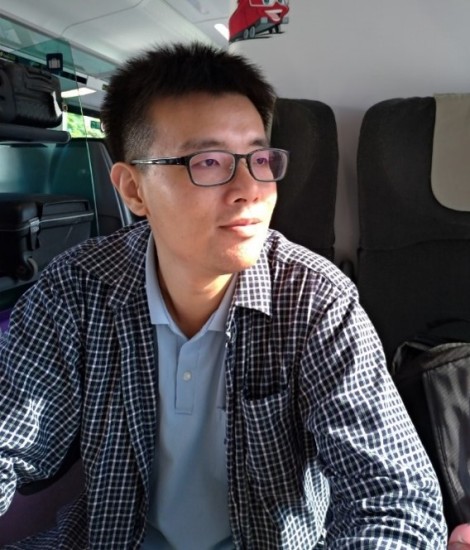學系成員
- 首頁
- 學系成員

2013.7-2018.6 國立台灣大學電信工程學研究所 博士
2008.7-2010.6 國立暨南國際大學電機工程學研究所 碩士
2003.7-2008.6 國立彰化師範大學電機工程學系 學士
計畫主持人︰
| 1. | NSTC 112-2222-E-155 -002 - | 應用多任務學習於補償口罩語音、語音網路通訊失真與多通道語音增強研究
|
2023/08/01 ~ 2024/07/31
|
共同主持人︰
| 1. | NSTC 112-2221-E-001 -020 -MY3
|
基於AI之口語溝通輔具演算法開發及系統實踐
|
2023/08/01 ~ 2026/07/31
|
| 2. | NSTC 112-2221-E-155 -017 -MY2
|
高精度喉癌快篩及其強健系統開發
|
2023/08/01 ~ 2025/07/31
|
專利︰
國內︰
國外︰
著作︰